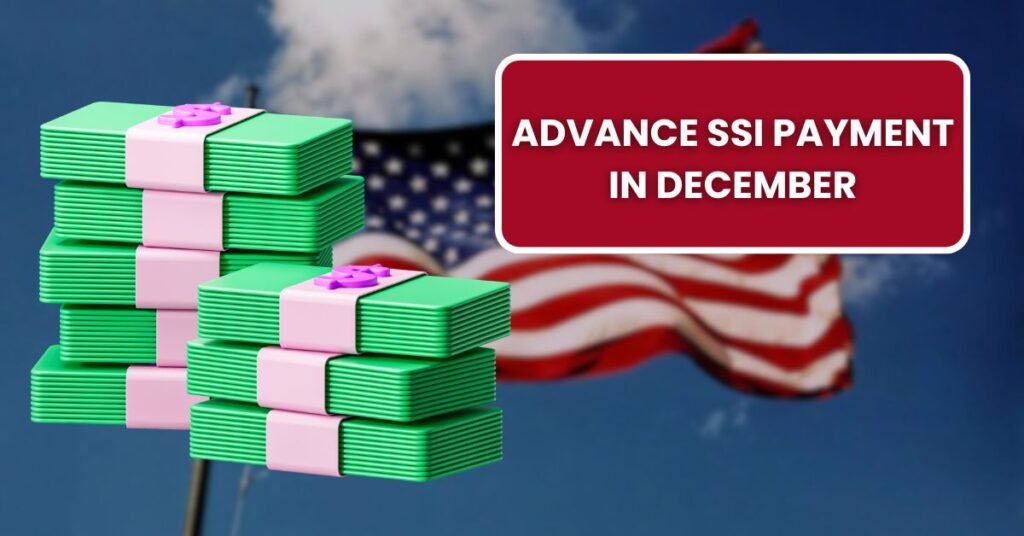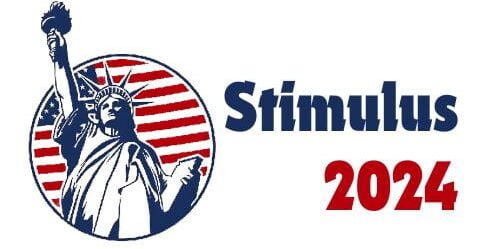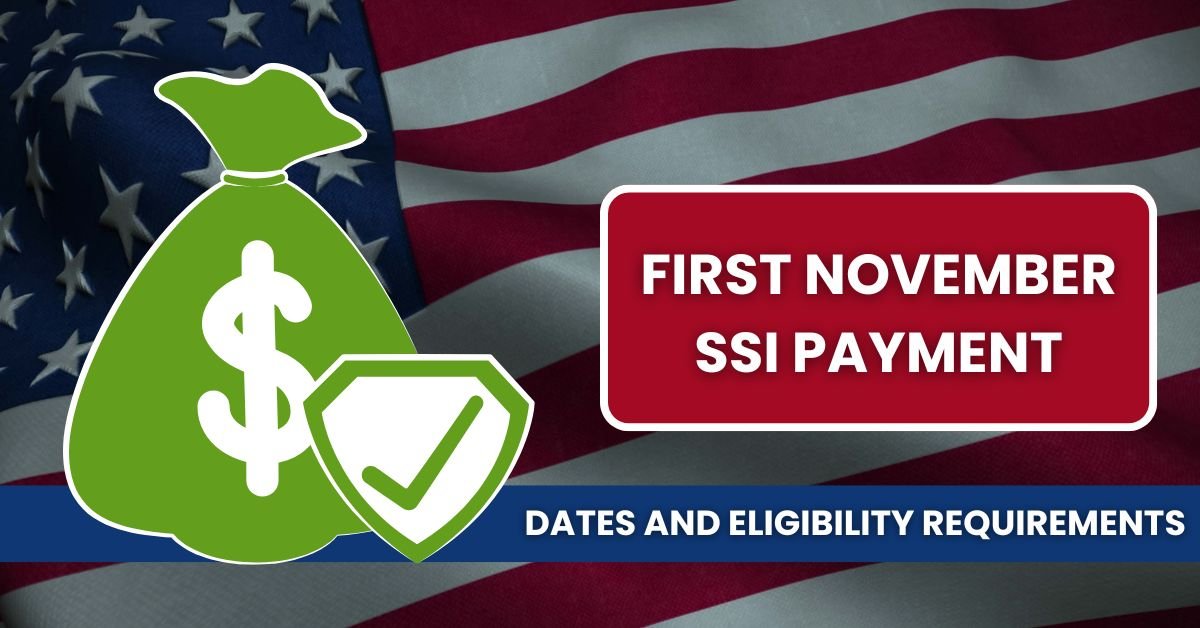The Supplemental Security Income (SSI) program provides essential financial support for many people in the United States who are struggling economically. SSI is managed by the Social Security Administration (SSA) for people aged 65 and older, or disabled individuals who cannot work and have little or no income and assets. For people who take SSI payments to meet their basic needs, the time for the SSI payments to roll in is critical.
The first payment will be received by SSI beneficiaries this month, who are a key source of economic stability for low-income individuals in need. Knowing how these payments work and how to manage them properly can help you out of trouble and make the best use of the program.
Who qualifies for SSI in November?
Specific requirements set by the Social Security Administration are met by individuals intended to be targeted by the SSI. The basic eligibility criteria include:
- Age or disability: They have to be over 65 or disabled and unable to work in order to qualify.
- Limited resources: The program should reach those who are most in need so applicants must be able to show then that their assets or resources are below the allowed amount set by the program.
Apart from meeting these requirements, it is important to set up direct deposit to receive the money deposited directly into a bank account without any delay. Direct deposit reduces delay and takes the stress out of payment administration with built-in automation of the deposit process. Some of those who don’t use direct deposit will face delays involved in their financial planning.
Also Read: November’s Three Checks for Retirees: How and When to Receive Them
Advance SSI payment in December

SSI beneficiaries will also want to note that this means the December payment will be made early: November 29. The goal of this adjustment is to keep benefits flowing uninterrupted to beneficiaries thanks to a month when many people are faced with extra expenses, often in December. This is an attempt to assist beneficiaries in planning for the holiday season when the extra costs are everywhere and how they should source their funds before then.
Since Social Security Administration’s payroll systems require early payments, for the most part, in order to meet the time frame necessary for electronic fund transfers, paying early reflects the agency’s commitment to getting payments out on time and its efforts to meet the payment needs of beneficiaries at critical times. This change means that beneficiaries will have a chance in December to deal with their finances more freely, preventing the anxiety that payments may be made late.
How to ensure you receive your payment smoothly
Beneficiaries can receive SSI payments with fewer problems if they keep a regular check on their eligibility status and adjust their payment information. That’s especially important for people whose income or assets might have changed because the Social Security Administration periodically reexamines eligibility among all recipients. Being informed with regards to these requirements and payments arising adjustments is important to keep the support continuous.
For those who haven’t already set up direct deposit, they can do so any time, helping to facilitate quicker access to funds and reduce opportunity for delays that could impact your financial planning.
The United States has come to rely on SSI to help address economic hardship experienced by those in the country. But the beneficiaries enjoy support that keeps them from tumbling into total poverty for the first time, with the first payment post-leave due in November. The decision to move forward with the second November payment in December also reflects our effort to accommodate household needs during what is one of many economically most challenging times of the year.
Also Read: Secure Your Benefits: How to Prevent Delayed Social Security Retirement Payments This November!
FAQs
Q. Who qualifies for SSI in November?
A. People aged 65 or older, disabled and not able to work are eligible to receive SSI in November. Not only do they have to show that their assets or resources are below the allowed amount established by the Social Security Administration, but they also have to prove that their income is so low that they must rely on others to survive.
Q. When will the first SSI payment be received in November?
A. It’s the first SSI payment and it’s coming in November, so it’s going to be necessary financial support for those who need it. Beneficiaries need to be aware that if you don’t have a direct deposit set up, your payment may be delayed.
Q. How does the early SSI payment in December affect beneficiaries?
A. By December 29, December will be the early SSI payment date, which allows patients to plan in advance of the holiday season and coincides with extra costs that are usually incurred during this period. The reason behind this is to stop creating an anxiety of money and to make sure beneficiaries have their money within a timely manner.

